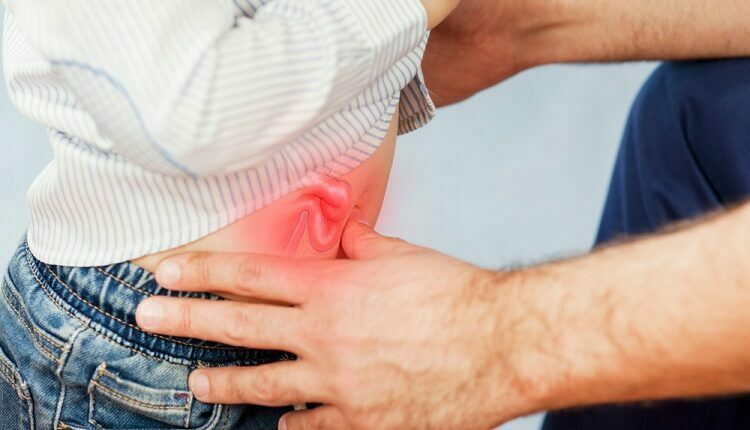The Causes of Hernia, its Symptoms, and Treatments
What do you know about hernias? They are more than one and more common in males than females. It involves a painful bulge in the abdomen. Any activity that causes pressure on your belly wall and muscles, such as heavy lifting, may cause a hernia or make it severe. Excessive weight contributes to the condition and makes it worse. Surgery is the only way to treat the problem, and hernia surgeon Astoria Surgical Specialists of NY offers the most effective surgical procedure for hernia, among other issues. This article will take you through hernia, causes, symptoms, and treatments.
Table of Contents
What is a hernia?
A thin muscle layer offers protection to the intestines and organs in your abdomen. However, a part of the intestine or tissue may protrude through a spot in the abdominal muscle wall, causing a painful bulge. The bulge is known as an inguinal hernia.
The hernia may not cause any serious health risk by itself. However, medical intervention for hernia is necessary; when not treated can cause severe health complications.
What are the causes of hernia?v
A hernia occurs when you have a lot of pressure in your abdomen and weakness in the abdominal wall. In some cases, hernia develops for no reason. But in other cases, the following may lead to its development.
- Pregnancy
- Strenuous physical activity
- Straining during urination and bowel movements
- Chronic or severe coughing or sneezing
- Straining during heavy lifting
Your weakness in your abdomen may occur from birth. But to some people, the weakness develops after an injury or surgery.
Hernia in men occurs at the base of the scrotum, which is the abdomen’s natural weak spot. Women develop hernias at the point where the uterus joins the pubic bone.
What are the symptoms of a hernia?
The following may indicate a hernia.
- Pain, discomfort, or a heavy feeling in the groin
- A painful lump on each side of the pubic bone, which worsens when standing
- Pain, swelling, or redness in the scrotum for men
Severe cases of hernia may cause
- Sudden, intensifying pain
- Nausea or vomiting
- Inability to have bowel movements or pass gas
- Fever
When you have an extreme case of hernia, known as incarcerated hernia, it’s advisable to seek immediate care.
What are the treatment options for hernia?
If you have a hernia, you need to contact the Surgical Specialists of NY for treatment. Hernia cannot heal on its own. The team recommends a minimally invasive procedure to treat the hernia.
They conduct open and laparoscopic repairs of groin and abdominal wall hernias. They also perform robotic surgery to enhance accuracy and reduce discomfort and scarring.
How can you prevent a hernia?
- Maintaining a healthy weight
- Lifting weights and objects the right way
- Taking a lot of fruits, whole grains, and vegetables to avoid constipation
- Avoiding smoking
- Avoiding lifting things beyond your ability
- Seek medical attention when feeling ill, with persistent sneezing and coughs
Hernias develop when you have increased pressure in your abdomen and weakness in your abdominal wall. It involves a painful bulge in your abdominal wall. You need surgery to treat a hernia. Excessive weight may increase your risk of hernia or worsen the condition. Call Surgical Specialists of NY today to schedule your consultation.

